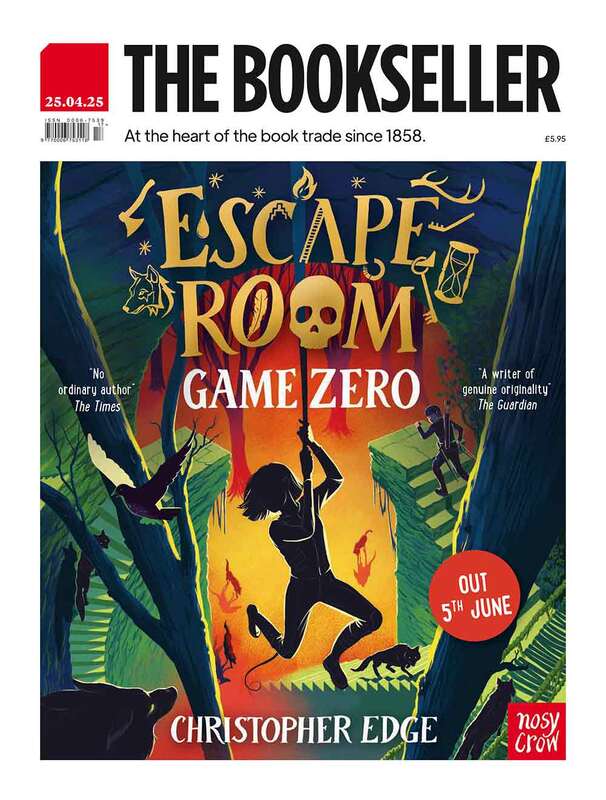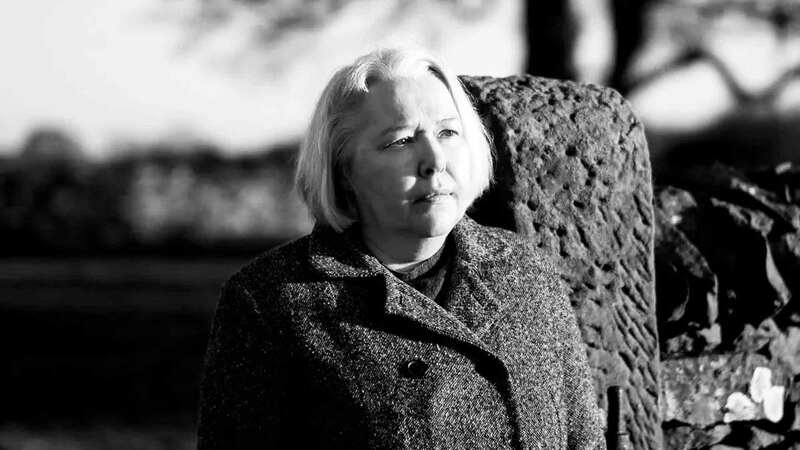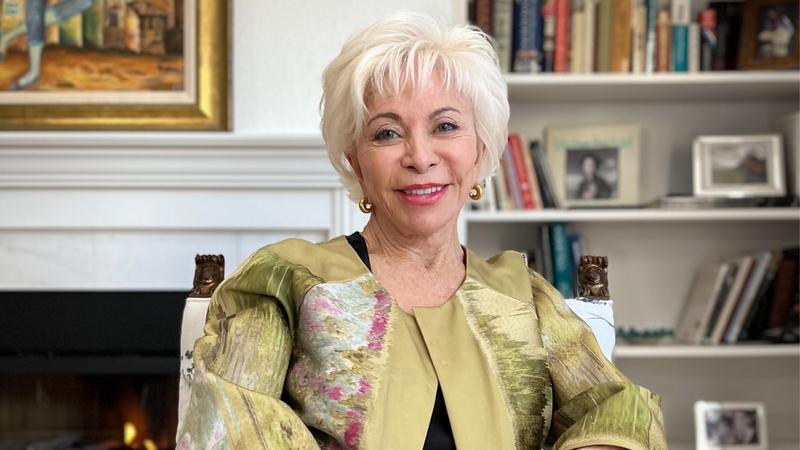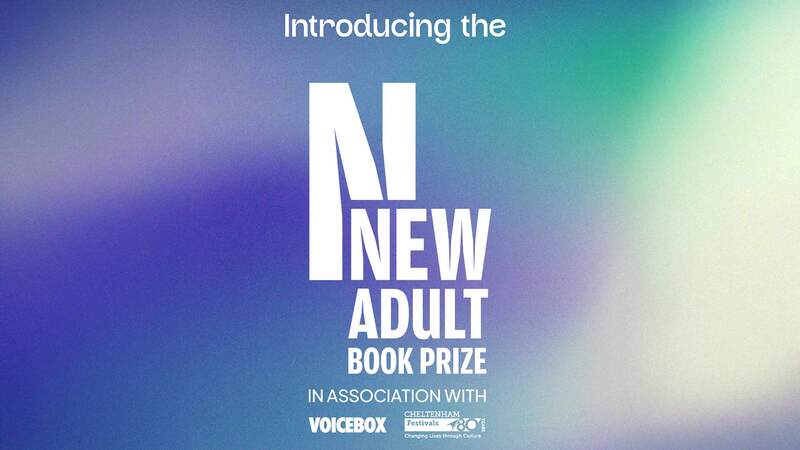You are viewing your 1 free article this month. Login to read more articles.
Covid-19 forces widespread bookshop closures as major publishers go remote
Publishing houses began closing offices and shifting to home working this week, as retailers faced up to what social distancing will mean for their businesses in the coming months.
On Tuesday, Chancellor of the Exchequer Rishi Sunak announced a “wartime” approach to the coronavirus crisis, with a £350bn package including £330bn in loans, £20bn in other aid, a business rates holiday and grants for retailers and small businesses.
But with footfall likely to plummet as people stay indoors, the Booksellers Association led calls for publishers and authors to support shops by directing consumers to their websites, rather than to Amazon. “It’s unfortunate that the hallmarks of the crisis management—self-isolation, social distancing and avoiding people and gatherings—are the very opposite of what bookshops pride themselves on offering to their communities,” BA m.d. Meryl Halls wrote in an Opinion piece for The Bookseller. “They also, unfortunately, play to the strengths of multinational online retailers, and we want to ensure that we are reminding consumers that they can still use their local bookshop to buy books even if they are practising social distancing.”
Laura McCormack, the BA’s head of policy and public affairs, added: “We were encouraged to hear the chancellor say he’ll do ‘whatever it takes’ to help businesses survive this crisis. However, bookshops need help now. The government has been very slow to provide details of measures announced this past week and we know a number of our members are struggling with the lack of clarity.”
Alarmingly for those who thought Amazon would be their online saviour over the next few months, the retail giant announced this week that it was no longer accepting third-party seller shipments of non-essential items, including books, to its warehouses until 5th April. Karen Sullivan, publisher at Orenda Books, described the news as “devastating”. She said: “We would prefer our stock to go through the indies and other bricks-and-mortar shops, but not all of them are set up to get books in and out to customers and we have no idea what will happen to our distribution network in the current climate. As a small independent, much of our marketing takes place online and although we attempt to drive readers to Hive, Waterstones and individual independents, the truth is that many customers feel comfortable with the one-click, next-day delivery option that Amazon offers. This is going to affect our business dramatically.”
The retail hit
Meanwhile, a number of bookshops have said they would be closing for the time being and hoping the crisis will not drag on for too long. Goldsboro Books in central London was one of the first to close its doors, until the end of this month, on Monday. “We feel that we must do what we can to help prevent further spread of the virus,” m.d. David Headley announced, pointing customers towards its online business.
And even before the government announced its emergency measures, W H Smith had warned it could see profits plunge by £40m as the pandemic hits its Travel business. The retailer said it expects profits to be down by between £30m to £40m for the financial year ending 31st August, with revenue expected to take a £100m to £140m hit.
Bath indie Mr B’s Emporium’s owner Nic Bottomley was among the retailers calling for greater clarity from the Prime Minister this week. “The government basically told people not to go into pubs and restaurants, but told pubs and restaurants to stay open,” he said. “It’s fairly obvious there is an insurance implication in that. If the government has not told you to close and you do decide to, then you may stand to gain nothing in terms of business interruption insurance.”
On the publishing side, tours by authors such as Adam Kay and all events run by production outfit Fane over March and April have been axed, while events ranging from the Irish Book Trade Conference to the Rathbones Folio Prize ceremony were called off. A string of book releases have also been pushed back, including Ruth Jones’ second novel Us Three (Transworld) and Raynor Winn’s The Wild Silence (Michael Joseph).
By the time the government changed its approach to the virus this week, calling for people to work from home, many publishers were ahead of the Prime Minister and had trialled or had already introduced remote working schemes. Simon & Schuster was the first big UK publisher out of the blocks after the weekend, announcing on Monday (16th March) that its staff would work from home, aligning with its US business. Ian Chapman, its UK c.e.o. and publisher, told staff: “While this is a big step for the company to take, we have been preparing for this moment and are confident that all of our staff will be able to work remotely effectively. Our team has worked hard to ensure that we were in a posi tion to make this decision today in order to keep our staff safe.”
Penguins hibernate
Penguin Random House followed suit that afternoon, announcing that London staff would work from home from this week after a successful test of remote working. It also said all events had been axed, including its annual Penguin Presents showcase. “This has come after much deliberation, because so much of our business depends on these moments and gatherings,” c.e.o. Tom Weldon told staff. “However, we believe this is the responsible thing to do. We will need to be imaginative and creative about how to develop clever solutions to promote our authors and their books.”
He added: “This is a testing time but I often think that it is in these moments that people, communities and companies are at their best. I know that our company is strong, and rest assured we will do everything we can to support our colleagues, authors and partners in the book industry.”
With other publishers also setting up office at home, a clue to what a testing time it might be was hinted at by this week’s charts (see pp14‚Äì19), which showed the print market had dropped by 19.5% in volume and 15.4% in value from the previous week—although that week had been the highest of the year to date in both cases, boosted by World Book Day and Hilary Mantel’s new novel. The value of Nielsen BookScan’s TCM this week, at £25.7m, was the year’s lowest—by £74,000. The trade will now be braced to see how Mother’s Day gift-buying could be hit, and whether online can bolster incomes as the outbreak’s repercussions roll on.













